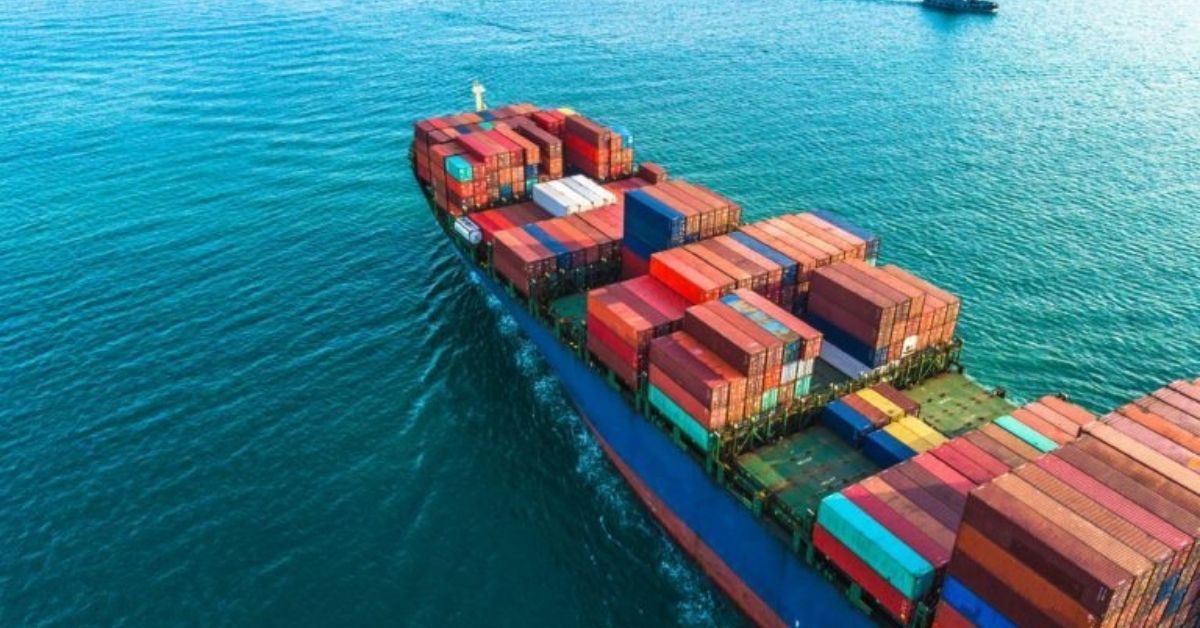Since the early days of Russia’s invasion of Ukraine, the country’s Black Sea ports have stood idle, blocked by Russian mines and naval vessels.
“All Ukrainian ports have been idle since the second or third day of the war,” said Andriy Stavnitser, a co-owner of the TIS cargo port in Yuzhne, just outside of Odesa. “There are some 80 ships blocked in Ukrainian ports. Some of them are empty. Some have cargo. Their crews have dispersed around the world. They are essentially ghost ships that cannot leave Ukraine.”
The port at Yuzhne, Ukraine’s largest Black Sea commercial port, is no exception, Stavnitser told Current Time, the Russian-language channel led by RFE/RL in cooperation with VOA. Stavnitser, 39, is one of the 100 richest people in Ukraine, according to Forbes magazine, and a co-founder and co-owner of TransInvestService (TIS), which operates five cargo terminals in Yuzhne.
“It is a massive piece of infrastructure that normally roars like a factory or a mine,” he said. “Now it is absolutely quiet. Just seagulls and crows. Five thousand workers are sitting at home, hoping for something better.”
The closure of the Black Sea to Ukrainian shipping has been a harsh blow to the country’s economy, Stavnitser said. “It is simple mathematics,” he said, noting that in peacetime Ukraine exports about 60 million tons of grain annually, second only to the the United States.
The 30 million tons of grain that currently sits in storage in Ukraine would be worth about $15 billion if the country could bring it to market.
“This is a colossal blow to the Ukrainian economy and Ukrainian farmers,” Stavnitser said.
Thanks to a bumper crop last year, Ukrainian farmers have been able to sow this year, despite the war.
“These are courageous people who are sowing every day under bombardment,” he said. “I am friends with a lot of them, and they send me photographs of rockets, shrapnel, unexploded ordnance, and craters in the fields they are working.”
Stavnitser said it was “realistic” to hope that shipping could be restored, even if the war continues.
“There are precedents where cargo vessels are escorted by military ships,” he said. “It happened in Somalia and other conflicts.”
“If, for instance, Turkish military ships could escort our shipping, Ukraine could resume exporting and feeding the world,” he added. “This could be organized through the United Nations. A sort of humanitarian corridor to let the ships pass.”
“This would enable Ukraine to export the 30 million tons on hand and free up the storage for this year’s crop,” Stavnitser said, adding that the situation was even more urgent because Ukraine’s facilities are not designed for long-term grain storage.
The European Commission unveiled a strategy on May 12 to unblock borders with Ukraine and boost capacity on road and rail routes to export grain, but bottlenecks such as different rail gauges present a considerable hurdle.
By one estimate, only 20 percent of the exports Ukraine normally sends through the Black Sea ports by ship could ever be transported by rail to Baltic ports, The Guardian reported.
Russia continues to export commodities, including grain and oil, from Black Sea ports through the Bosphorus, Stavnitser noted.
Stavnitser, who is now outside of Ukraine, said he spends his time organizing humanitarian assistance for his country, often accompanying shipments to their destinations in Ukraine. “We are sending hundreds and thousands of tons of humanitarian shipments from around the world to Ukraine,” he said. “Unfortunately, the United Nations, UNICEF, the World Food Program, and USAID have been slow getting up to speed and aren’t doing their jobs. To this day, the amounts of aid they are bringing to Ukraine are pathetic.”







